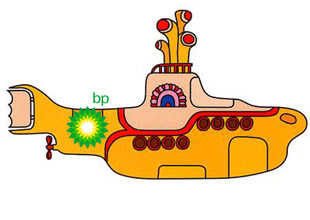Rep. Lois Capps (D-Calif.) and Rep. Peter Welch (D-Vt.) are pressuring BP to ditch a private contractor, the Center for Toxicology and Environmental Health (CTEH), that it hired to do public health response in the Gulf. The company, they say, has been “cited in a long line of controversial cases” in which it has botched data collection methods and supplied bad data. These bad test results, Capps and Welch say, have served to promote the “corporate interests” of CTEH’s employers over the protection of public health.
One example of the “long pattern of tainted results” from the Arkansas-based consulting firm happened after a 2008 coal ash spill in Tennessee. Local community members and an EPA audit both caught CTEH using inaccurate monitoring procedures to survey air quality. The company was also caught using bad sampling techniques to evaluate soil contamination at a refinery spill in Chalmette, La. following Hurricane Katrina and to analyze hazardous Chinese drywall in Florida, as Energy & Environment reports.
In each of these cases, CTEH was alleged to be supplying the data that its employers wanted while falsely assuring the public that everything was OK. As Elizabeth Grossman reports, the Occupational Safety and Health Administration (OSHA) has also been relying on monitoring data from CTEH. The company has been supplying data that finds that there are no risks of exposure to toxic chemicals for Gulf cleanup workers. But the company has been criticized for failing to provide federal health officials with their complete testing information.
“BP needs to fire CTEH and hire a firm without such a questionable track record,” Capps said.
















